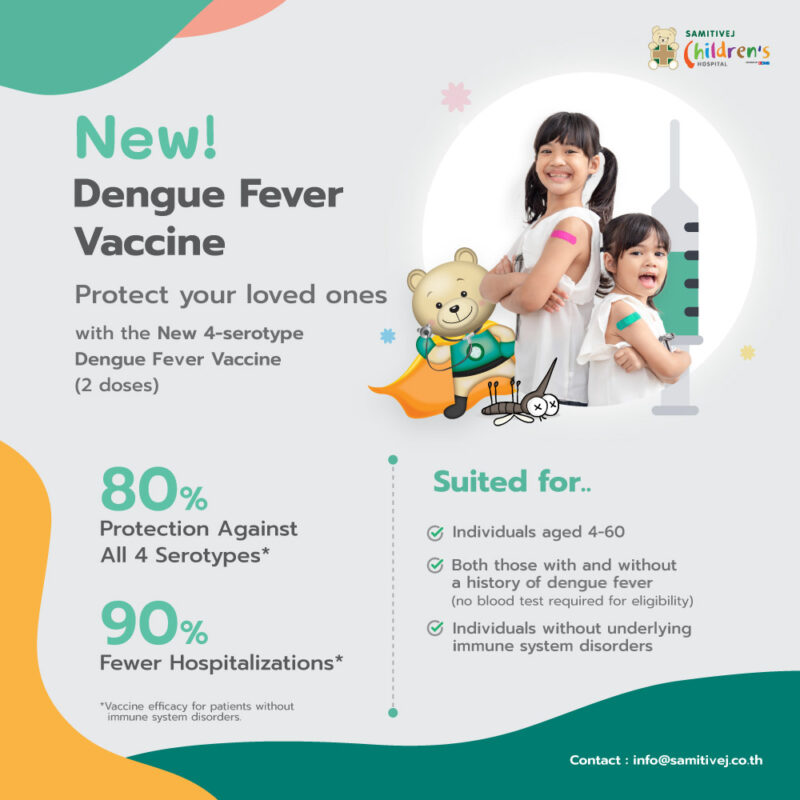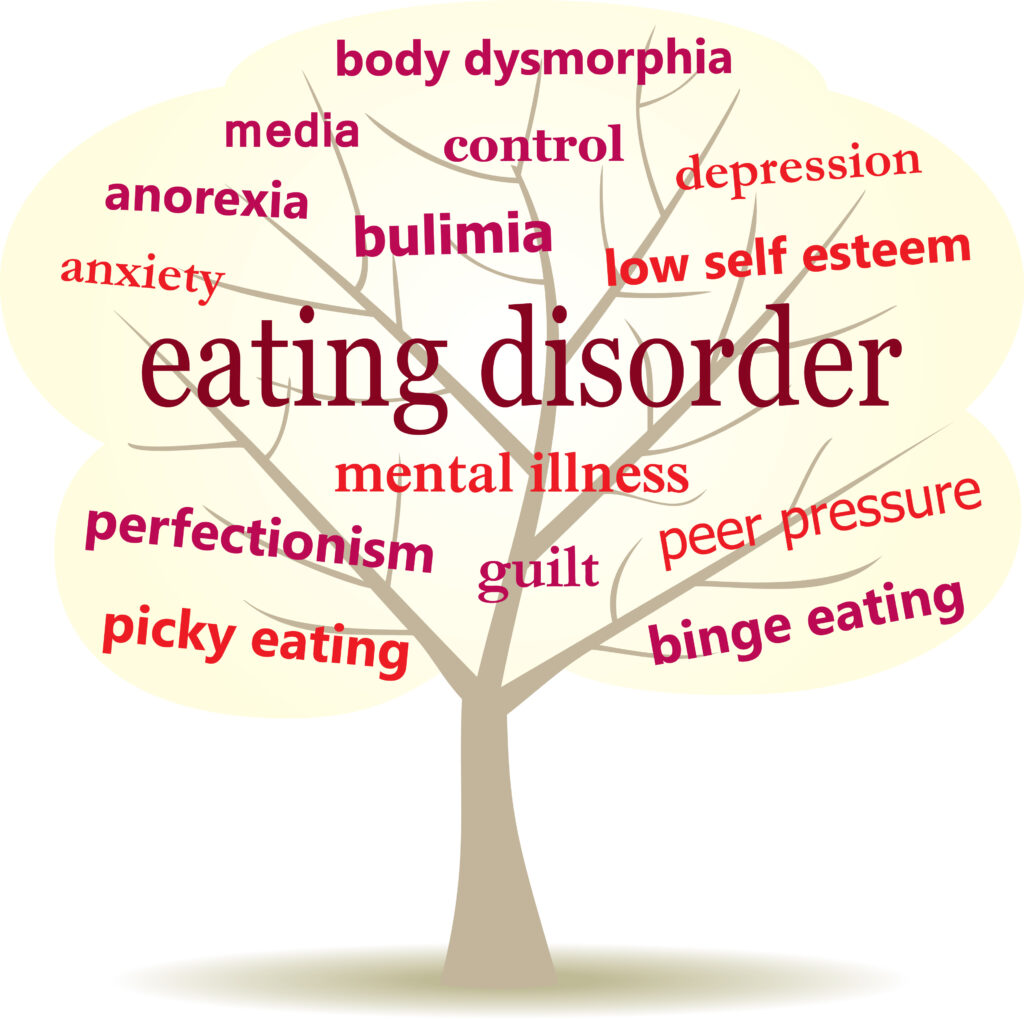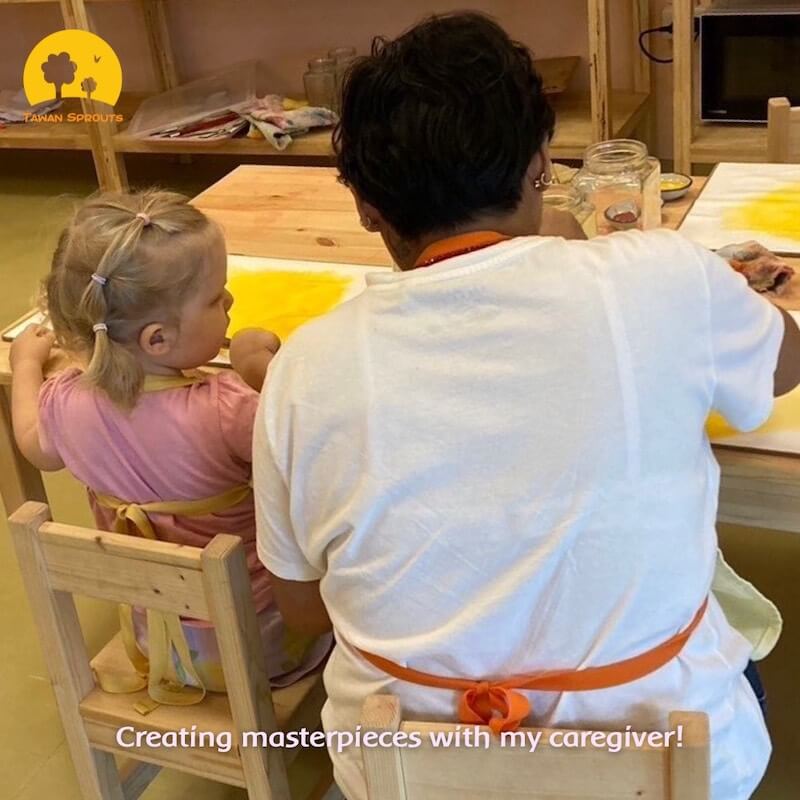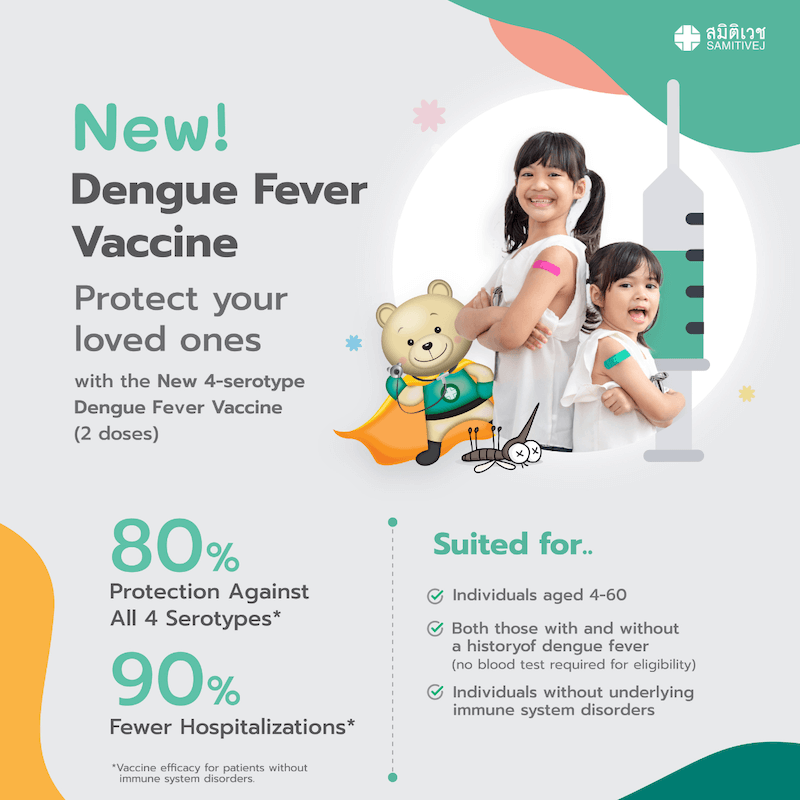Food is essential for supplying critical nutrients a child needs for proper growth and development. But the wrong kind of food, or poor eating habits, can be harmful to a child’s health and may continue to cause problems well into adulthood.
As a pediatric nutritionist, I work with parents and children to develop healthy food habits. I also help children affected by weight problems and eating disorders. To help parents promote positive eating habits with children, here are five recommendations for what to avoid and what to get right.
Recognise Obesity as a Serious Threat

Children around the world are living through the worst obesity epidemic ever seen. Social and cultural changes have affected the way children grow up, how they spend their time and how they eat. Compared to previous generations, children today consume more sugar-sweetened drinks and eat fewer meals at home. Children sleep less than they used to. And many of the hours kids used to spend outdoors being physically active have been replaced by screen time and sedentary activities.
For generations, parents have been encouraging kids to finish everything on their plate — and sometimes punishing kids who don’t. Getting finicky kids to eat has often been accomplished one spoonful at a time. The message this sends to children is: keep eating even when you’re not hungry or don’t want food. Clearly, that is not the message we want to give our children, so it’s important to take the force out of eating.
A more positive alternative is to let the child pick from two or three healthy items to see if one might be to the child’s liking. And consider inviting your child to help you in preparing the food together or learning to grow vegetables in the family garden.
Watch For Signs of Eating Disorder

Eating disorders such as anorexia nervosa and bulimia nervosa, as well as binge-eating and purging, are disorders of compulsions. They are most likely to be seen in children beginning around the ages of 13 to 15. These disorders reflect a distorted relationship with food which leads to harmful behaviors, compulsive habits and inaccurate perceptions of self-image.
A child struggling with anorexia or bulimia may go to great lengths to hide the disorder from parents and siblings. The child may also become emotionally distant, start eating alone away from the rest of the family and become secretive about their daily activities. Parents who stay engaged with their adolescent and teenage children are better able to notice the signs of a child’s eating disorder, which may include:
- Weight loss or lack of growth; a child experiencing weight loss or who fails to put on weight associated with normal physical development may be suffering from an eating disorder
- Excessive exercise, often a sign of an anorexic child combining an obsession with restricting food intake along with abnormal amounts of exercise to guard against any weight gain.
- Abnormal food behaviors, such as picking food apart on the plate but not eating it, suddenly going on a diet, or suddenly becoming interested in cooking
- Food going missing at home, a possible sign a child may be binge eating
Be sure to talk to your child’s pediatrician if you notice signs indicating an eating disorder. There are a number of treatments, including medications and psychological therapy, that are effective in treating childhood anorexia and bulimia, especially when the disorder is caught earlier and the patient’s family takes an active and supportive role during the treatment process.
Encourage Good Food Habits in Early Childhood
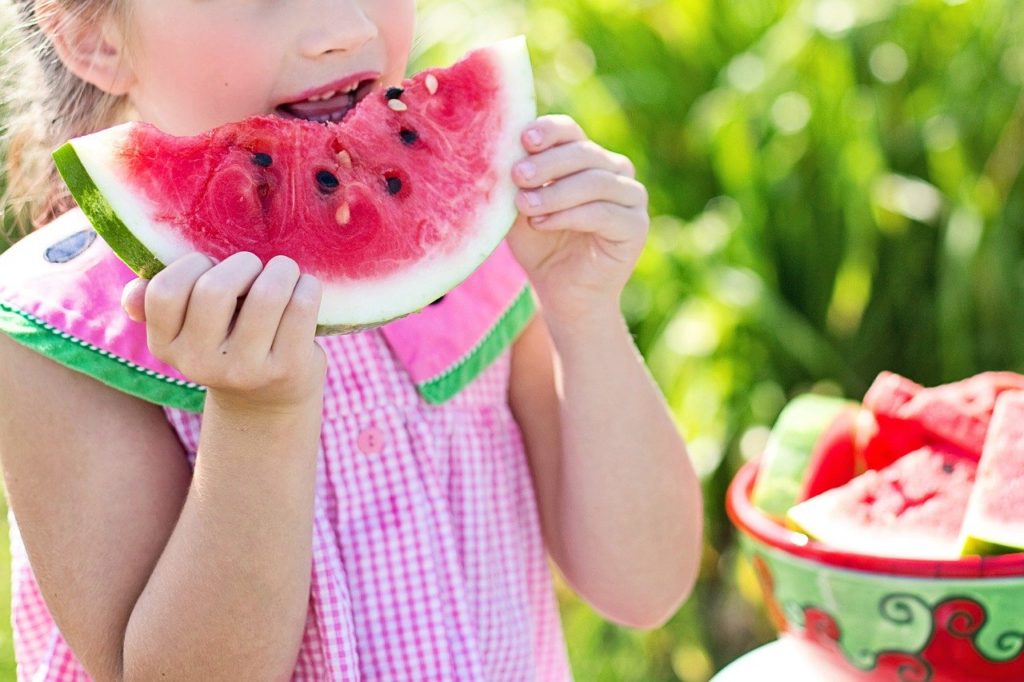
A child’s eating habits begin to form very early in life. In fact, research suggests that unborn children begin to distinguish flavors and form food preferences based on what their mothers eat during pregnancy. This continues after birth through breast-feeding, as the mother’s breast milk contains flavors from the foods she consumes.
Children learn by observing their parents’ behavior across nearly every aspect of life, including eating habits. Be the best role model you can be by choosing healthy foods, following a meal schedule, eating together with your children and avoiding meal-skipping and frequent snacking, to name a few.
Role modelling begins earlier than many parents realize; even before a child learns to speak, they are busy processing continuous cues by watching and then copying what you do.
Make the Tempting Foods a Treat Not the Norm
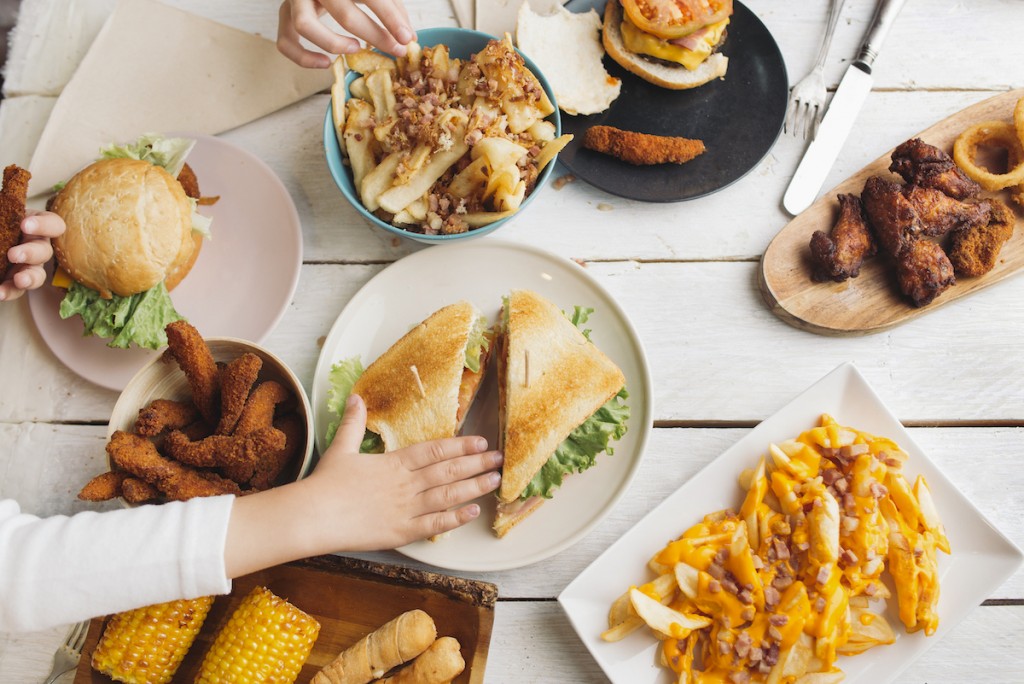
It’s normal to let kids have an occasional unhealthy dessert or snack, but just as important to keep those kinds of foods — salty snacks such as potato chips and sugar-filled desserts — out of your home, so they won’t be tempting you and your children away from more nutritious foods.
Research shows that merely the sight or smell of food is enough to stimulate cravings, increase hunger and lead us to increase food portion sizes without noticing it. It takes a lot of willpower to fight our own natural responses to food cues, especially when the food itself is within easy reach.
THE BIG PICTURE
If you are a parent looking to change your child’s eating habits, take comfort in knowing that, while the task will take time, the goal is achievable. Focus on small steps from one day to the next, and remind yourself that the benefits that come with improved eating habits can lead to a lifetime of better health for your child.


